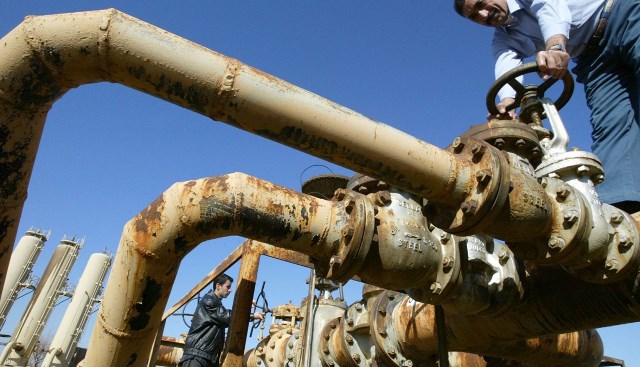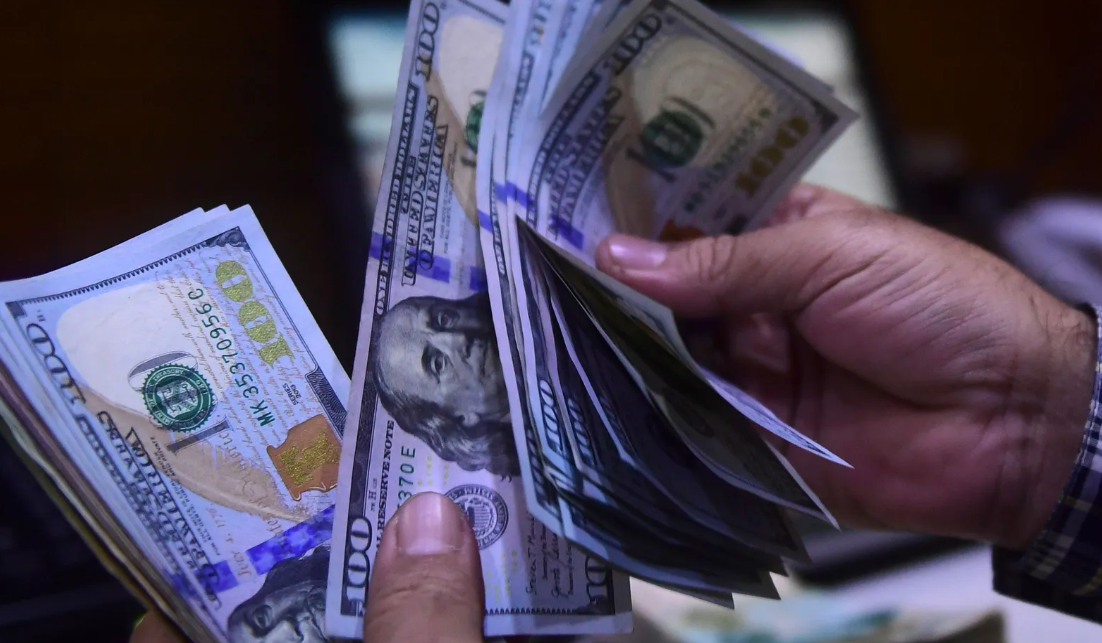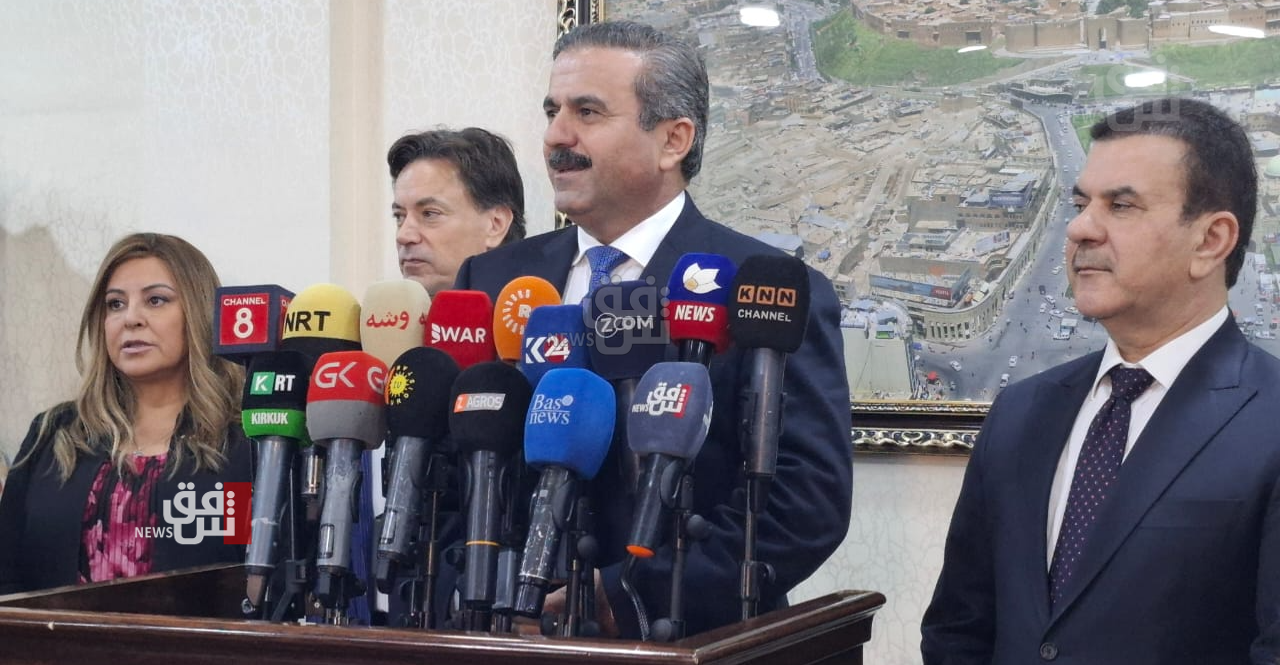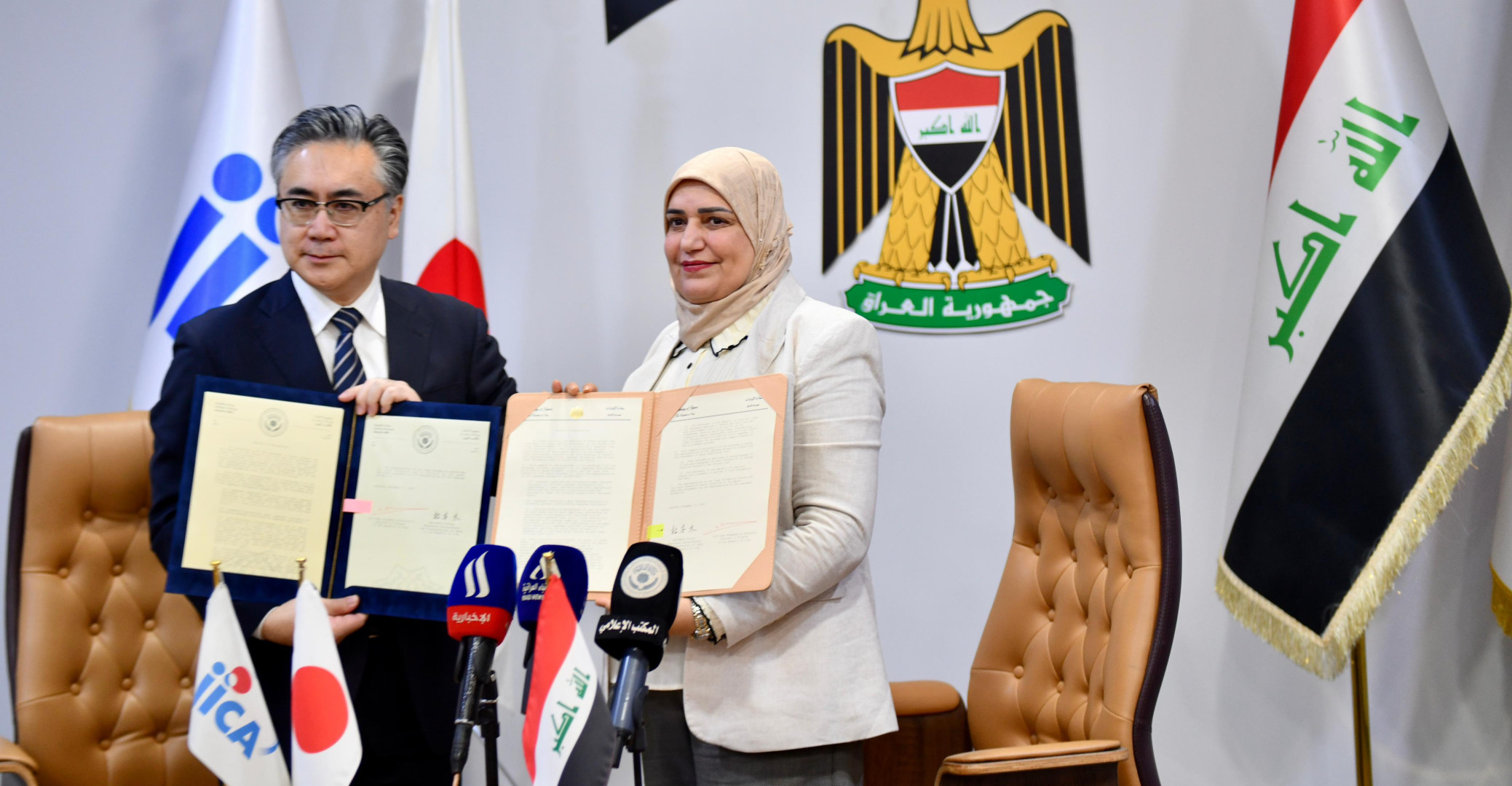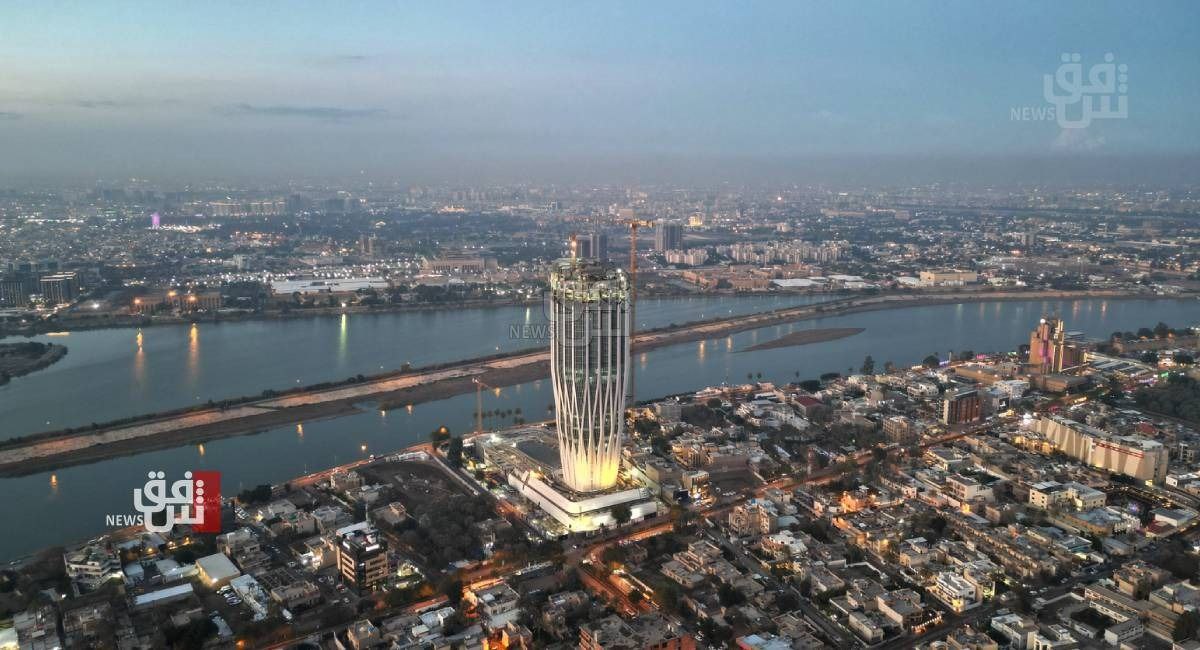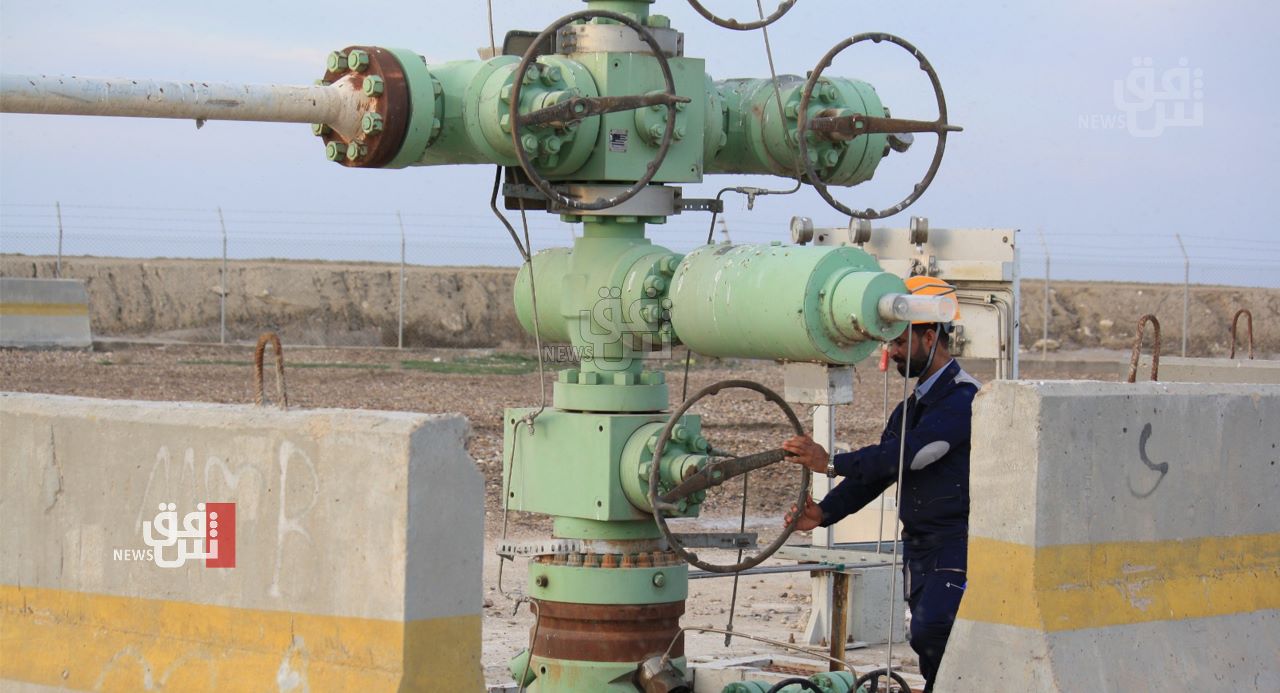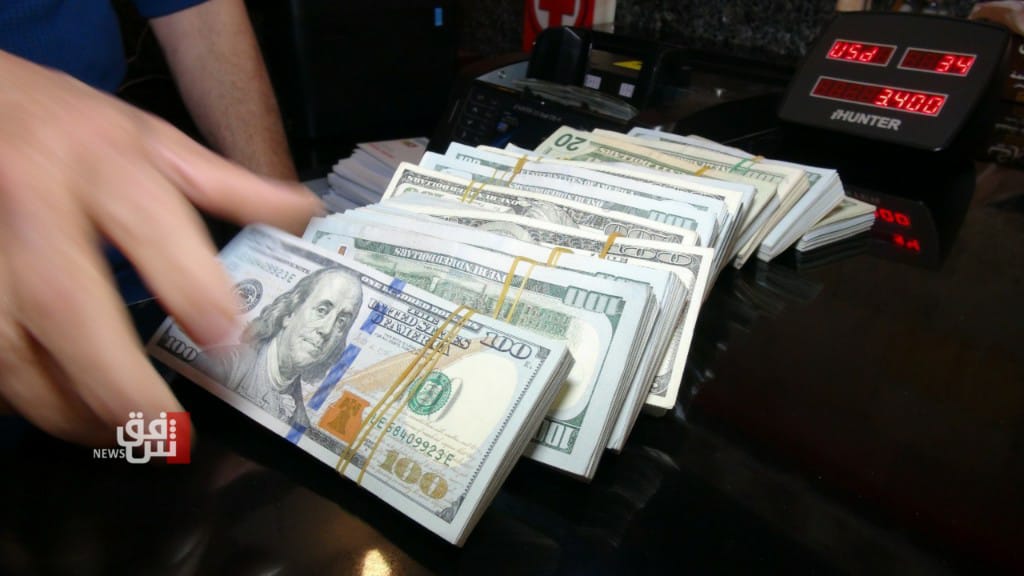Iraq, Turkmenistan discuss energy ties
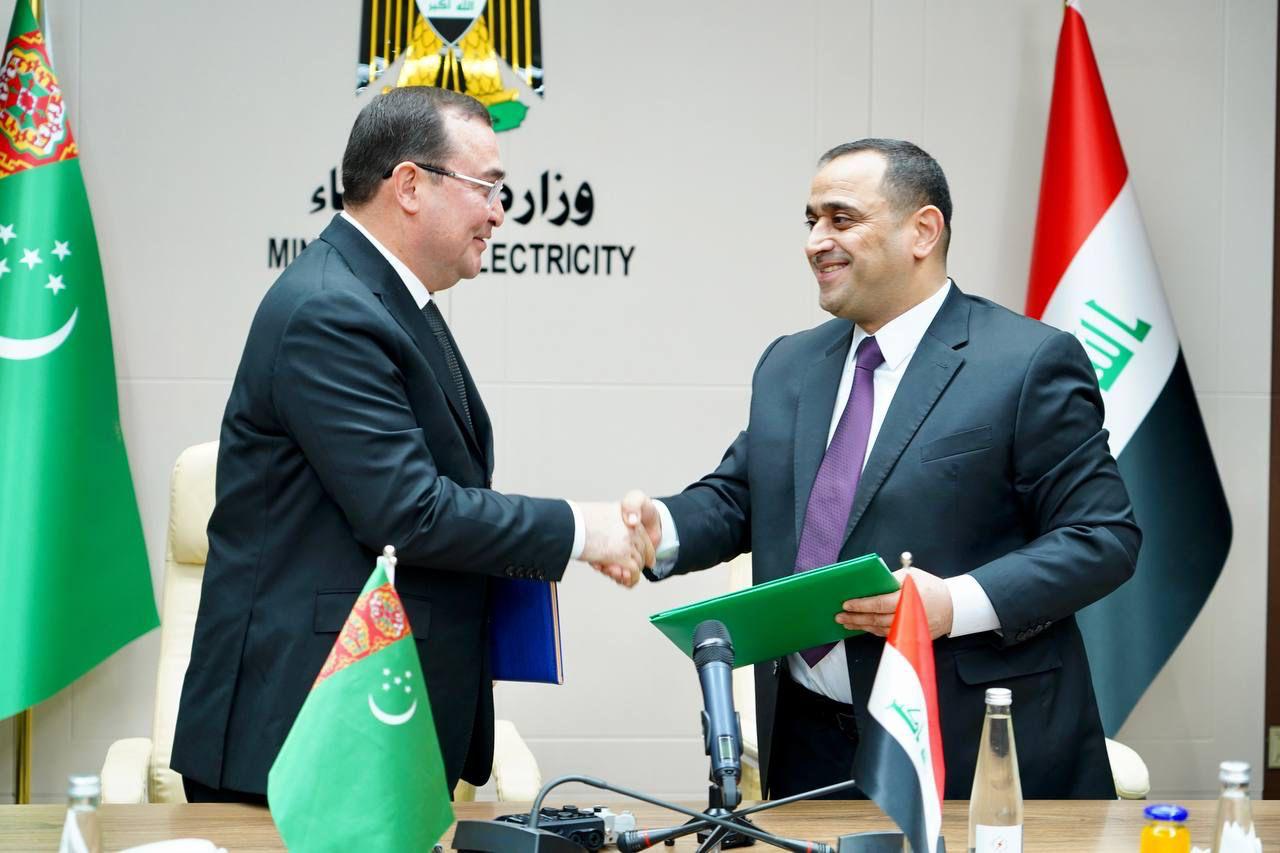
Shafaq News / The Iraqi Ministry of Electricity announced today, Tuesday, that a government delegation is holding talks in Turkmenistan to complete the procedures for supplying gas to the country, following the first visit of the Turkmen Energy Minister to sign a memorandum of understanding in Baghdad last month.
In a statement, the ministry stated that "Minister Ziad Ali Fadel arrived in Turkmenistan this morning at the head of a government delegation to complete the procedures for supplying Turkmen gas to Iraq."
The ministry added that "the delegation will hold meetings with energy officials in Turkmenistan, continuing the consultations held in Baghdad last month, resulting in the signing of a memorandum of understanding between the two countries, specifying the supply of gas to Iraq through the Iranian pipeline network to Iraqi power stations."
The statement continued that "this visit is in line with the government program's objectives in its first phase to diversify the sources of energy supplied to Iraq, increase the hours of electricity supply to citizens, complete gas investment projects, and accomplish ongoing renewable energy projects, ensuring self-sufficiency in energy locally."
The Iraqi Minister of Electricity, Ziad Ali Fadel, signed a memorandum of understanding with the Turkmen State Minister for Gas Affairs on October 6, 2023, to supply Turkmen gas to Iraq.
This took place during the reception of the Iraqi Minister of Electricity by his Turkmen counterpart at the ministry's headquarters in the capital, Baghdad. Negotiations were conducted, resulting in the signing of a memorandum of understanding for the gas supply, which is crucial for the needs of production stations and the electrical system, according to a statement from the ministry.
Iraq imports electricity and gas from Iran, accounting for about one-third to 40% of its energy needs. This is particularly crucial during the summer months when temperatures reach up to 50 degrees Celsius, and energy consumption peaks.
Iraq faces difficulties in paying for these imports due to US sanctions, which only allow Iran to access funds for purchasing non-sanctioned goods such as food and medicine.
Furthermore, Iraq still burns some associated gas from crude oil production because it lacks the necessary facilities to process and convert it into fuel for local consumption or export.

